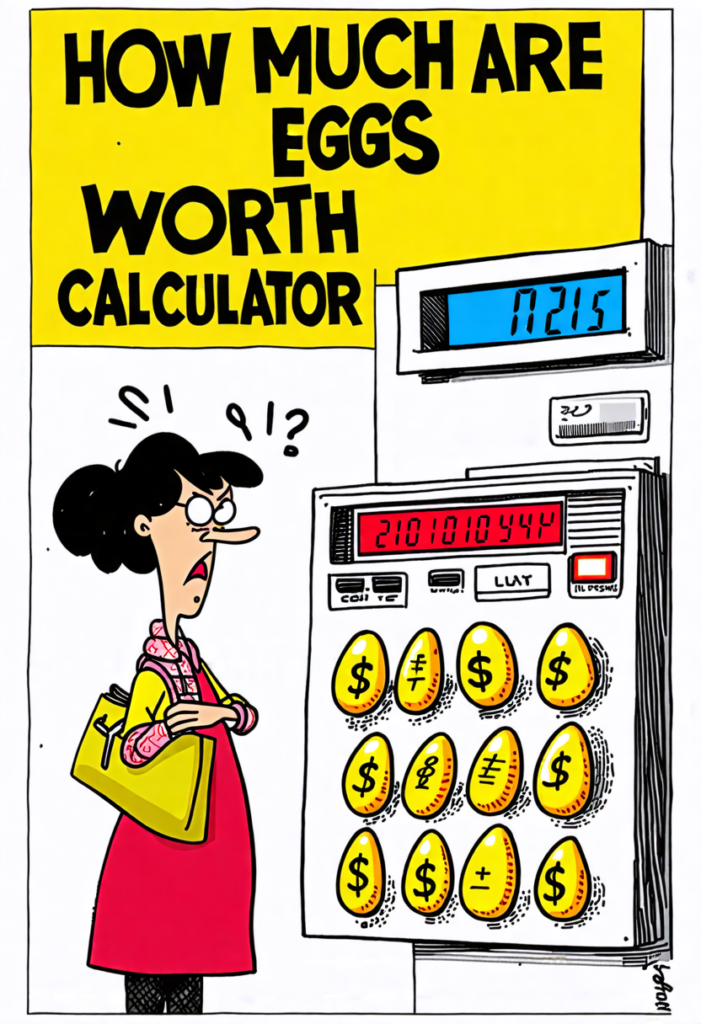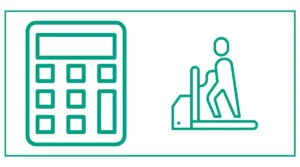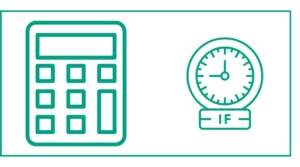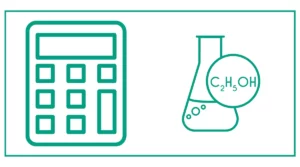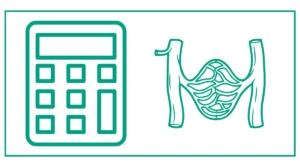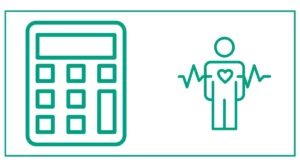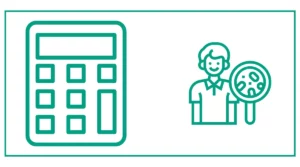How Much Are My Eggs Worth Calculator
Want to donate your eggs?
Curious to find out how much they are worth.
This tool will help you find the worth of your eggs. It counts everything, from strips to shipping.
Remember that these are estimates. The exact worth can also be discovered by contacting the companies directly.
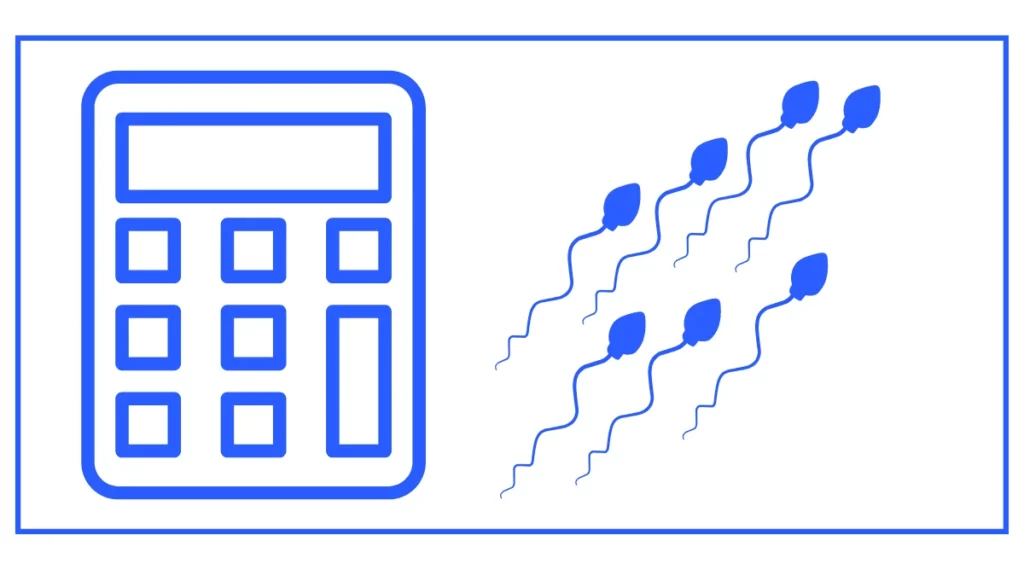
Egg donation is a significant aspect of fertility treatments, offering hope to individuals and couples struggling to conceive. This comprehensive guide will explore the various facets of egg donation, including the process, compensation, and its impact on both donors and recipients.
Understanding Egg Donation
Egg donation involves a woman (the egg donor) providing her eggs to another person or couple for fertility treatment. This process is often used in cases where a woman is unable to produce viable eggs of her own or when there are genetic concerns. The donated eggs are fertilized through in vitro fertilization (IVF) and then implanted in the recipient’s uterus.
The Egg Donation Process
- Application and Screening The first step in becoming an egg donor is to apply and undergo a thorough screening process. This typically includes:
- Medical history review
- Physical examination
- Genetic testing
- Psychological evaluation
- Ovarian Stimulation Once approved, the egg donor begins a series of hormone injections to stimulate her ovaries to produce multiple eggs. This process is carefully monitored by fertility specialists.
- Egg Retrieval When the eggs are mature, they are retrieved through a minor surgical procedure. This is typically done under light sedation and takes about 20-30 minutes.
- Recovery After the retrieval, donors may experience some bloating and discomfort. Most women can return to normal activities within a day or two.
Egg Donor Compensation
Egg donor compensation is an important aspect of the donation process. The amount of compensation for egg donors varies depending on several factors:
- Geographic location
- Donor’s experience (first-time vs. repeat donors)
- Donor’s characteristics (education, physical attributes, etc.)
- The number of eggs retrieved
On average, egg donor compensation in the United States ranges from $5,000 to $10,000 per donation cycle. Some agencies or clinics may offer higher compensation for donors with specific qualifications or for those willing to travel.
It’s important to note that egg donor compensation is not payment for the eggs themselves, but rather compensation for the time, effort, and potential discomfort associated with the donation process.
Calculating Egg Donor Compensation
While exact compensation can vary, some clinics or agencies use a calculator to determine egg donor compensation. Factors that might be considered include:
- Number of eggs retrieved
- Donor’s education level
- Previous successful donations
- Travel requirements
Donors should be aware that compensation is typically paid after the egg retrieval is completed, regardless of the number of eggs retrieved or their quality.
Benefits and Risks of Egg Donation
Benefits:
- Financial compensation
- The satisfaction of helping someone conceive
- Contribution to medical research (in some cases)
Risks:
- Potential side effects from hormone injections (e.g., mood swings, bloating)
- Rare complications from the egg retrieval procedure
- Emotional challenges
Egg Donation and IVF
Donor eggs are often used in conjunction with IVF treatment. The process typically involves:
- Synchronizing the donor’s and recipient’s cycles
- Retrieving eggs from the donor
- Fertilizing the eggs with sperm in a laboratory
- Transferring the resulting embryos to the recipient’s uterus
The success rates for IVF using donor eggs are generally higher than those using a woman’s own eggs, especially for older recipients.
Donor Egg Cost
The cost of using donor eggs can be significant. In addition to the egg donor compensation, other expenses may include:
- Agency fees
- Medical and psychological screening
- Legal fees
- IVF procedure costs
On average, a complete donor egg IVF cycle can cost between $20,000 and $40,000 in the United States. However, costs can vary widely depending on the clinic, location, and specific circumstances.
Financing Options for Egg Donation
Given the high costs associated with egg donation and IVF, many clinics and agencies offer financing options to help make treatment more accessible. These may include:
- Payment plans
- Loans specifically for fertility treatments
- Grants and scholarships from non-profit organizations
- Shared risk programs
Future Family: Building Through Egg Donation
For many individuals and couples, egg donation represents a path to building their future family. While the process can be emotionally and financially challenging, it offers hope to those who might otherwise be unable to conceive.
Egg donors play a crucial role in helping others achieve their dreams of parenthood. By donating eggs, these women provide genetic material that can be used for fertilization, potentially resulting in a successful pregnancy and birth.
The decision to use donor eggs is deeply personal and often comes after careful consideration and consultation with medical professionals. For those who choose this path, it can be an extremely rewarding experience, both for the recipients and the donors who help make it possible.
